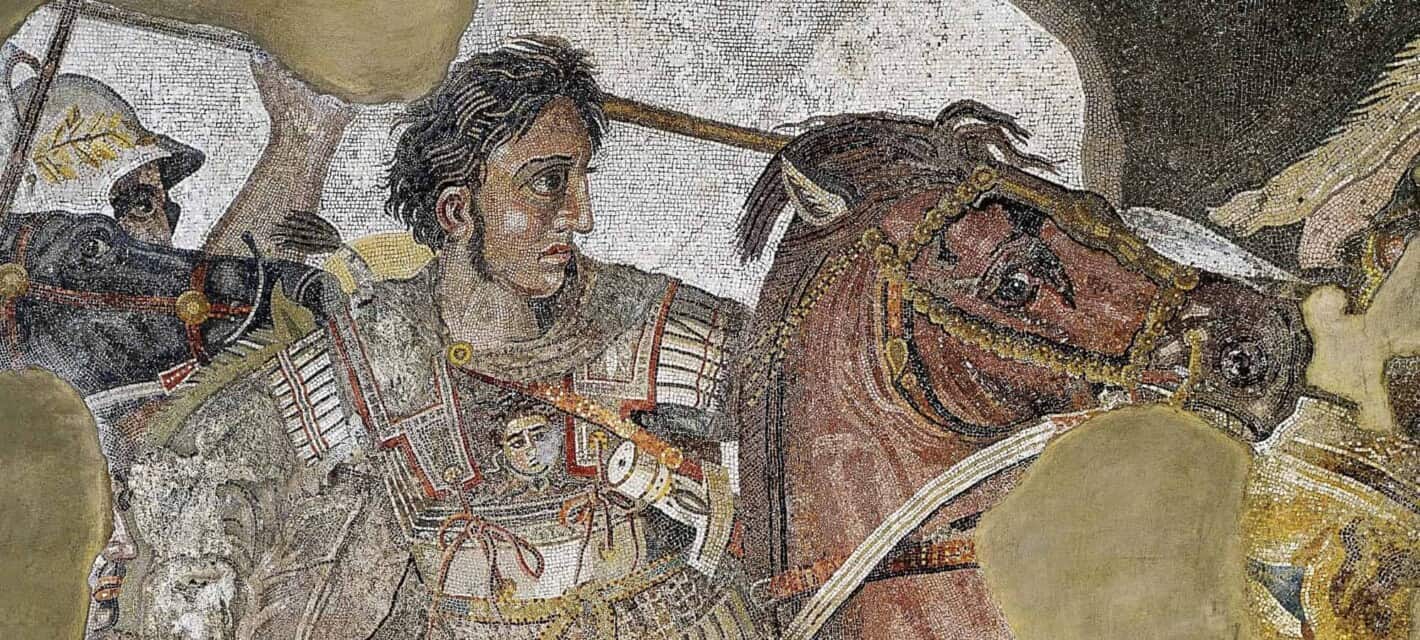On June 10-11 323 BC, one of the best military commanders of all time, Alexander the Great, died in Babylon. He was just 32 years of age, and one wonders how history would have changed had he lived longer. The legendary leader was still in his prime and had grand ambitions of further conquest. Given his remarkable career, it is likely that Alexander would have fulfilled at least some of his aims.
His death was unexpected, to say the least, because, during an incredible 12-year Asian campaign, Alexander proved to be seemingly indestructible. In 325 BC, a South Asian warrior struck the general with an arrow and pierced his lung. That could have been fatal, and for a lesser mortal, it would signal the end of any further thoughts of conquest. Alexander was no ordinary man, however, and soon after the injury, he embarked on an arduous 60-day trek through southern Iran.
The Death of Alexander
It isn’t a stretch to suggest that Alexander was murdered. After all, there is evidence that even his most loyal generals were fed up with constant traveling, fighting, and conquest. In 325 BC, Alexander ordered a march east towards the Ganges in India, but his generals staged a sit-down protest and refused to continue. At the time of his death, Alexander was planning a new campaign in Arabia, so perhaps his generals had enough and decided to kill him?
Sometime in late May 323 BC, Alexander was in the Palace of Nebuchadnezzar II in Babylon. Although ancient sources such as Arrian and Plutarch vary in their accounts of his death, both say that he developed a fever after a memorial party to honor a dead friend. By the middle of the evening, Alexander collapsed after seizing up in agony. He was taken to his bedchamber where he spent up to 12 days before he slipped into a coma and died.

Sources suggest the symptoms included tremors, a stiff neck, agitation and severe stomach pain. Other issues included extreme thirst, delirium, convulsions and hallucinations followed by calm periods. As he edged towards death, Alexander couldn’t speak and he could only move his arms and head with great difficulty. When it became apparent that he wouldn’t recover, his troops filed by him mournfully. Alexander could only move his eyes to say goodbye to them. He died the following day. Another account says the commander felt a sudden stabbing pain after drinking wine; the sign of poison. Plutarch dismissed the notion out of hand.
The news was greeted with profound sadness as the mother of Darius III, Sisygambis, refused to eat or drink and died a few days after learning of Alexander’s death. Achaemenid subjects shaved their heads as a tribute while residents and Macedonians wept openly. Was Alexander the Great murdered? Keep reading for theories on one of the oldest and most compelling whodunits in history.

